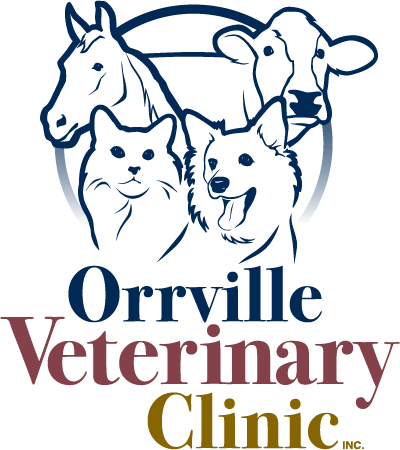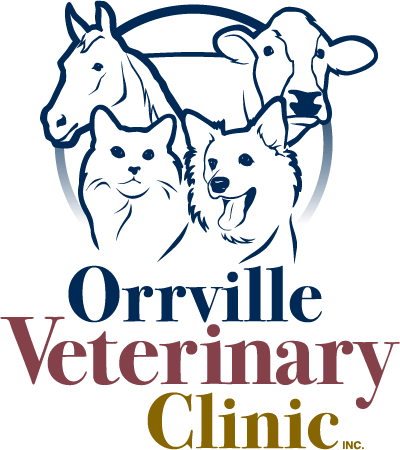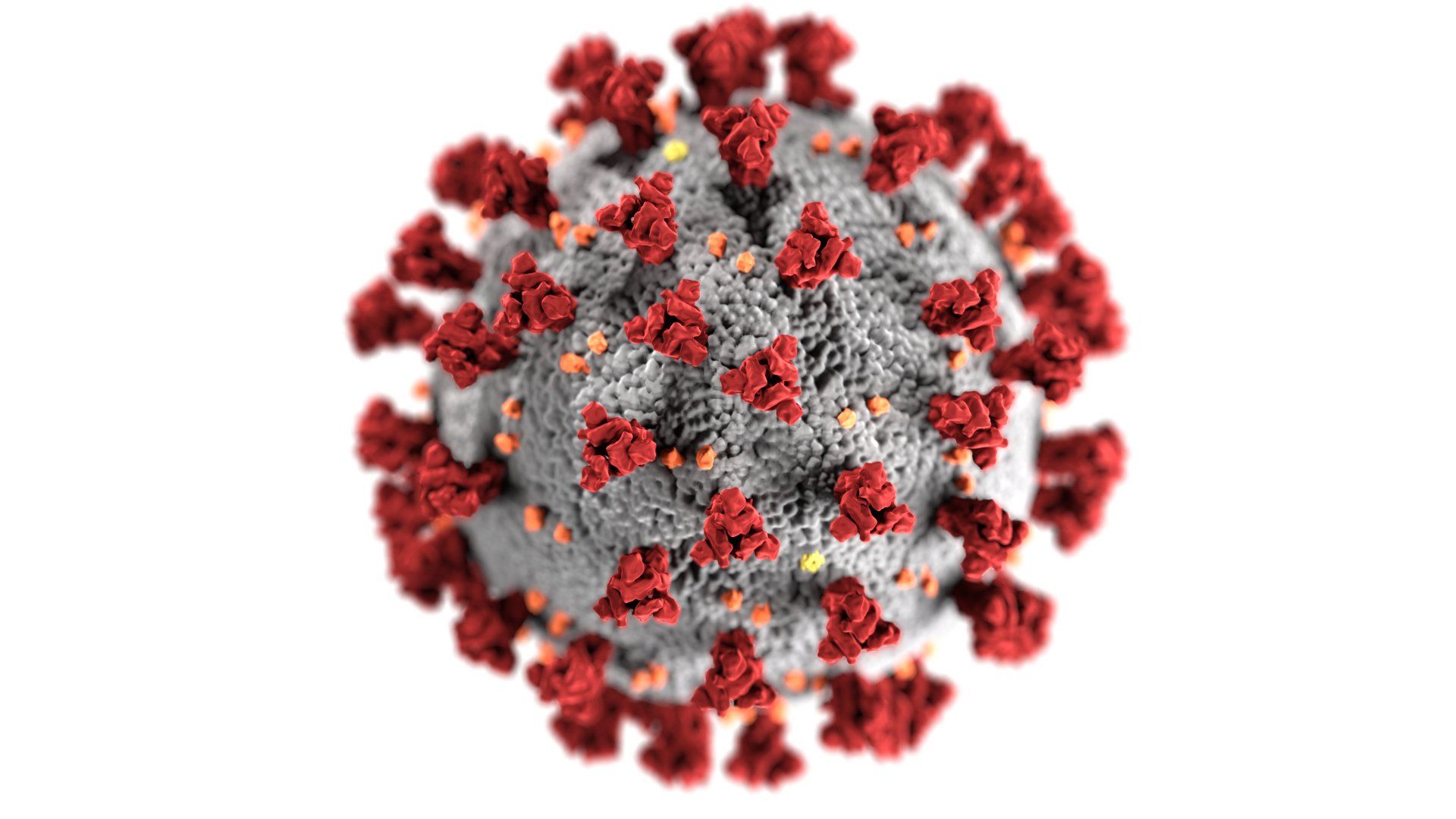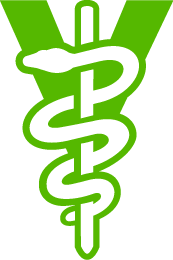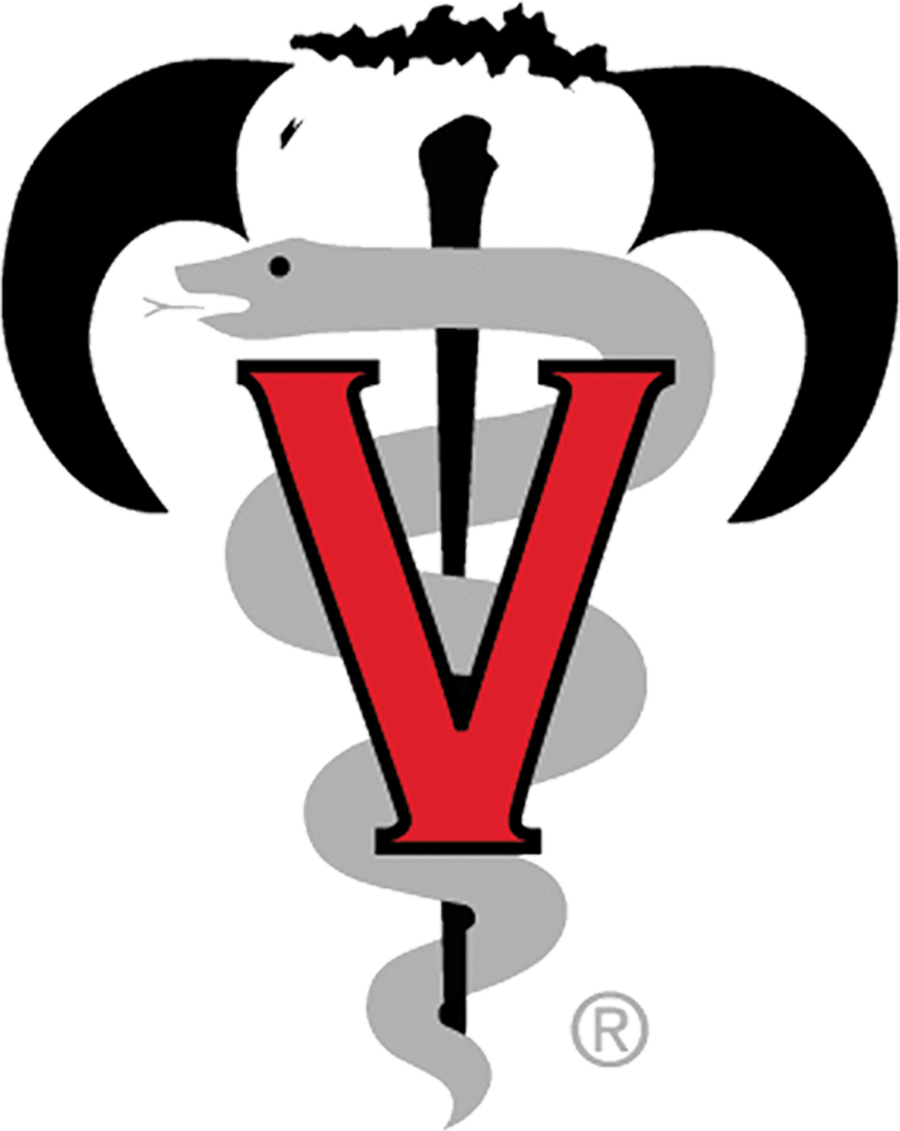Canine Anal Gland Disorders
Anal Gland Disorders in Dogs
Anal glands, also known as anal sacs, are present in many animals, including dogs, cats, opossum, and skunk. Dogs have two anal glands, which are located on each side of the rectum. Anal glands secrete a substance with a very fetid odor, which is an oily substance. Anal gland secretions are used to mark territory and identify other dogs. Dogs can spontaneously empty their anal glands, especially if stressed. This secretion leaves a very unpleasant odor. Anal glands normally empty when the dog defecates. Sometimes the glands may become full and not express, especially if the pet has diarrhea or softer stool. When the anal gland becomes full, it begins to push on the rectum, which causes discomfort. The anal sac is also located very close to on small nerve, so extra pressure on this nerve can cause a sharp/ intense pain.
The number one sign of an anal gland problem is evident by the dog dragging its back end on the ground ("scooting"). In addition, dogs may lick or bite at the anus. Affected dogs may also sit uncomfortably, have difficulty sitting or standing, or quickly turn around like something is biting them. Any combination of these signs indicate it is time to have the anal glands evaluated by a veterinarian. The veterinarian will likely need to express, or evacuate the glands to relieve the dog's discomfort.
The most common reasons why a dog presents to the vet are infection, obstruction, impaction (overfilling), and rupture of the diseased anal glands. Diseased anal glands probably need to be expressed when clinical signs This is shown to prevent an impaction or rupture. Anal gland infections show up as pain, swelling, abscesses, and fever. The first step in treatment is expression of the gland. If the gland is not easily expressed, lancing of an abscess may be indicated. This is usually followed with oral antibiotics, an antibiotic infusion into the gland, and an anti-inflammatory/ pain medication.
Anal sac disease is not as common in large breed dogs, which means that infections and impactions are often experienced by small breeds. Overweight dogs are also at an increased risk of being affected by anal sac difficulties. There are several breeds that are more likely to have anal gland disease. These include Beagles, Basset Hounds, and Cocker Spaniels. By keeping your pet at an optimal weight, you can help reduce the chances of an anal gland issue. Some pets are also helped by adding some fiber to the diet to help bulk up the stools. Fiber sources include canned pumpkin, green beans, and Metamucil.
Please call us if you have questions or concerns about anal glands and your dog.
We can be reached at (330)682-2971 or via email: info@orrvillevetclinic.com.
Article originally composed by Amande Bell, RVT
Edited and adapted by Dr. Jeffrey R. Fink

